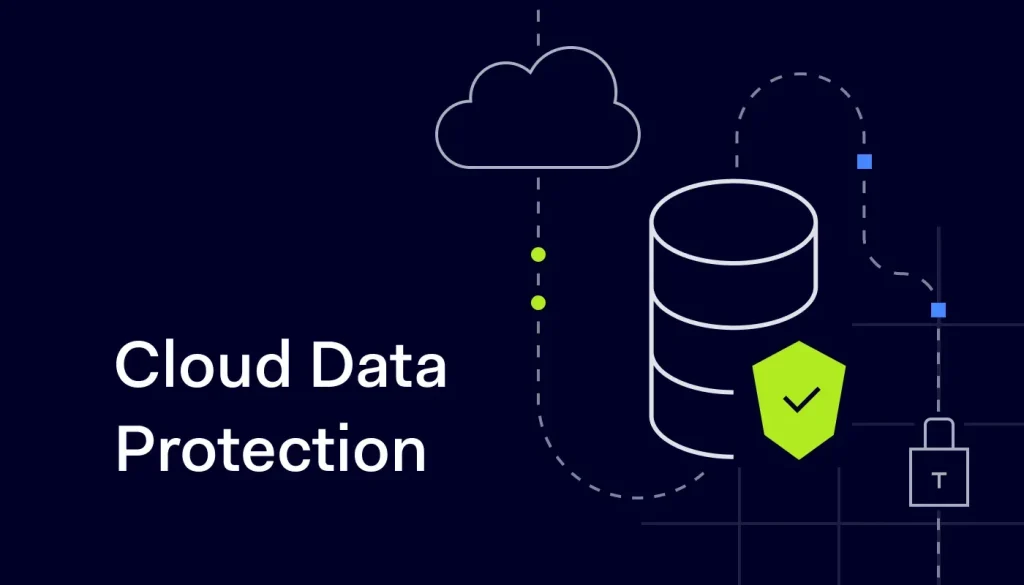In an era where smartphones have become a functional and indispensable part of our daily lives, VPN technology is gaining increasing popularity among the population. VPNs are widely used worldwide, and given the increasing popularity of mobile devices, the number of downloads on Android is continually growing. Every user can protect themselves with the help of a free VPN.
What is a VPN?
VPN is a set of technologies for creating one or more network connections (a logical network) over another network (such as the Internet). The user’s connection through such services to a site or application occurs not directly, but with the help of remote servers. The traffic is encrypted along the way, thus protecting it from interception. It is a layer between you and the network, which takes on all the risks and threats, allowing you to surf the Internet without any worries.
Why Do You Need a VPN on Your Device?
VPN are becoming increasingly popular among smartphone owners. Streaming and live TV are on the rise, as mobile devices have quickly become the primary channel for accessing shows of interest:
- A VPN will allow you to access the Internet worldwide without restrictions. Different countries may have other limits: from complete blocking of social networks to reduced libraries of streaming services.
- The ability of a VPN to encrypt any data sent over the network makes it much more difficult for hackers to intercept information. Hiding your IP address and location makes you less vulnerable to malware and DDoS attacks.
- VPN helps protect against potential dangers in public networks. The owners of these networks and other users will not be able to obtain your login and password. Additionally, your actions will remain private.
- Information about your online activities will not be shared with third parties. You can freely visit the sites you need without fear that someone will find out about it. And the letters you send will only be read by the recipients.
It is important to note that a VPN does not protect against information in cookie files. That is, some information will still get into the network. Still, having such protection is better than nothing.
Let’s summarize these benefits with an example. Imagine that you decide to Google some information while sitting in a cafe. In doing so, you connect to the network of this establishment. Your data immediately becomes available to both this network and the services that collect data. The most harmless consequences are spam and intrusive advertising. In the worst case, attackers can gain access to your logins and passwords.
VPN acts as a kind of barrier. It obscures the path and erases the traces you leave. The owner of the Wi-Fi network will not recognize your IP, and advertising services will not recognize your contacts. In most cases, you will not feel the difference.
Choosing a VPN Provider.
There are several criteria for choosing a VPN provider:
- Secure connection. Of course, security comes first. First, ensure that a trusted provider offers the program. Additionally, the encryption itself should be reliable. Then you can be sure of the required level of protection.
- Large coverage area. The more servers, the wider the service’s capabilities. This way, it will be able to distribute the load effectively, and you will not encounter a slow connection. Therefore, preference should be given to large providers.
- Pricing. You don’t necessarily need to use a VPN all the time, so you should consider providers with multiple payment plans. A VPN subscription costs around $5 per month on average, so keep this in mind when comparing market prices.
- Activity logging. While protecting you from strangers, the VPN itself inevitably collects data. Therefore, it is essential to understand what information the service receives and how it uses it. Check the provider’s policy. Again, large services with a solid reputation win in this matter.
If you download a client from Google Play, a good guide is the number of reviews and downloads. If there are very few of them, it is challenging to discuss trust. At the same time, the service can be of high quality. However, the lack of information poses a risk. It is best to give preference to services with a name. They have an established reputation and numerous reviews.
Setting Up a VPN on Your Smartphone.
After choosing a service provider, you need to set up a VPN connection on your smartphone. Installing and configuring the software on your smartphone is not difficult. Just download the program from Google Play or the provider’s official website. If additional settings are required, you will find all the instructions from the developer. Thus, to get reliable protection, you do not need to be a technical specialist at all. It is also available to the average user.
Conclusion
As you can see, there are several VPN options and protocols available to meet the diverse needs of users, including those that prioritize fast connections or enhanced security. Nowadays, even with minimal technical knowledge, it is easy to utilize a VPN on your smartphone, which will protect your data and your device from hacking and DDoS attacks. Moreover, a VPN will help maintain privacy on the Internet, especially when using public networks. Having a VPN on a mobile device is especially important because smartphones are the ones that most often connect to insecure networks. Therefore, it is imperative to protect your data.

